The New Private Lodging Act In Japan – What Do You Need To Know?

The Private Lodging Act was enforced on June 15, 2018, legalizing private lodgings. These stricter rules are impacting tourists and owners alike. We created a guide on the rules to keep in mind when staying in a private home and what the act is all about.
New Private Lodging Act – A Change in Japan's Private Lodging
The New Private Lodging Act (Private Lodging Business Act) came into effect on June 15, 2018. But what kind of impact does it have on the lodging guests? What should you be careful of when staying in a private residence? MATCHA will give you the answers to these questions!
What is the New Private Lodging Act?
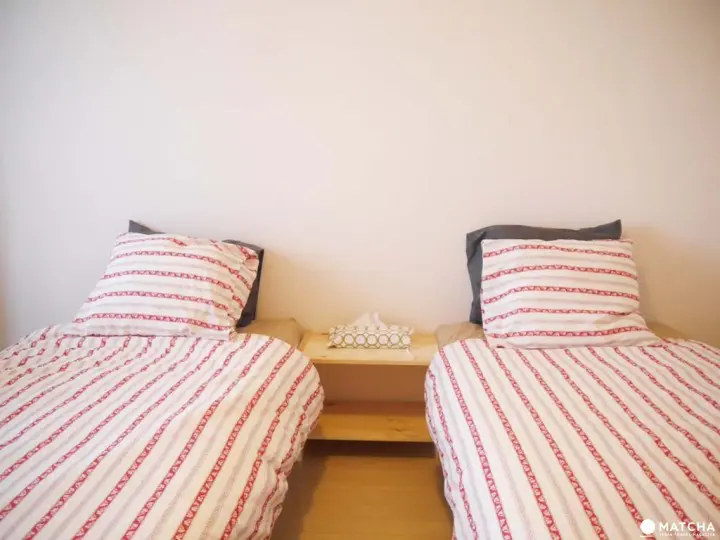
Minpaku, also known as private lodging, refers to a lodging facility that opens their entire or part of their residence to be rented by people for a short period of time. They are often compared to hotels, ryokans (traditional Japanese inns), cheap lodging apartments, or boarding houses. The New Private Lodging Act is a law that establishes the rules for renting private residences.
What Changes with the New Private Lodging Act?
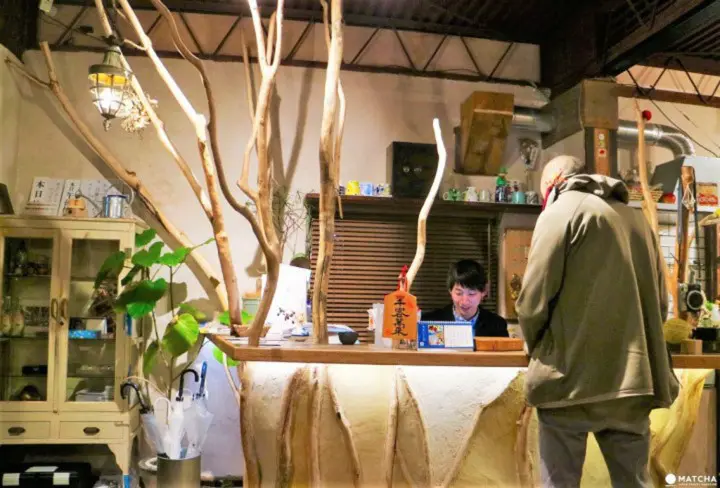
1. Owners must apply to formally register their residence or residences, have evacuation routes and instructions available in foreign languages, as well as warnings to prevent neighborhood complaints.
2. Private lodgings can be operated for 180 days or less annually.
3. Private lodgings have to create a guest registry (guest information). They may either register guests at the residence itself or on a digital form.
4. If the owner does not live on the same property, the residence must be entrusted to and managed by a third-party company.
Besides these four key points that need to be followed, individual regions might regulate the way private lodgings are operated and the number of days they can be rented out for differently.
In short, liabilities have increased on the facility’s side as a whole and the conditions to operate private lodging has become stricter. This means illegal operations have been purged, so you can safely stay at any of the currently operating private lodgings.
What Impact Does this Act Have on Travelers?

1. Lodging Prices Might Have an Upward Trend
The days a rental can be operated has been regulated to 180 days or less by the New Private Lodging Act. Due to this clause, many private lodgings have difficulties to continue operating without increasing their prices when considering the costs of cleaning, electricity, and water service. Especially in expensive areas such as in the Tokyo.
Some private lodgings even plan to only operate on major holidays when the customers increase in order to raise their rental prices. Depending on the region, there may also be areas where private lodging is prohibited during the sightseeing seasons. Some districts in Kyoto and the historical districts in Nara are such places, so caution is advised.
2. Reservations May be Cancelled at an Illegal Lodging!
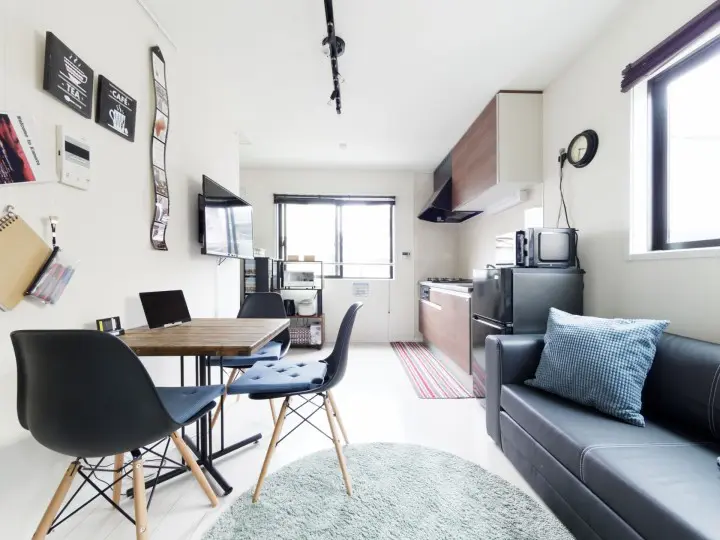
The purge of lodging facilities in Japan that have not been registered as private lodgings has been in effect since July 2018. Even facilities on Airbnb, the world’s largest lodging reservation website, are being purged. As a result, it is possible that your rental may have been shut down after June 15th if you’ve made a reservation through Airbnb. Make sure to contact the room’s owner or the management before making a reservation if you are not certain about the facility.
Private Lodging Regulation in Sightseeing Areas as of July 2018
Private lodging regulations will slightly vary in every region. We’ve created a simple summary of the private lodging regulations concerning popular sightseeing areas in Japan. Please also take note that there are many regions where rentals will not operate on the weekdays.
Tokyo Area
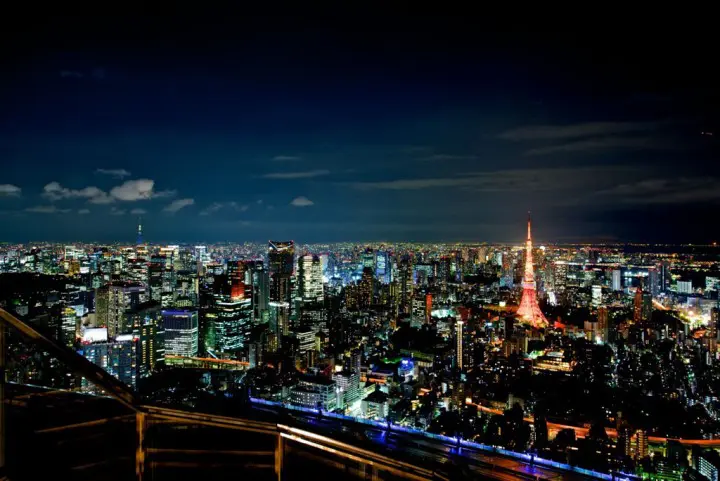
Chuo (the area where Ginza is located): Lodging is only available from Saturday afternoons to Monday mornings.
Taito (the area where Asakusa is located): Lodging is only available from Saturday afternoons to Monday mornings if the owner does not reside in the residence.
Shinjuku: Lodging is only available from Friday afternoons to Monday mornings.
Shibuya: The regulations for this district are slightly complicated and operation days may possibly change every year. The schedule for the times lodging is unavailable in private Shibuya residences is listed below. There are very few days when you can stay in a private residence in Shibuya throughout the year.
・April 5th – July 20th
・August 29th – the Wednesday prior to the second Monday of October (in 2018, this will be August 29th – October 3rd)
・The Saturday prior to the second Monday of October – December 25th (in 2018, this will be October 6th – December 25th)
・January 7th – March 25th
Other Sightseeing Areas
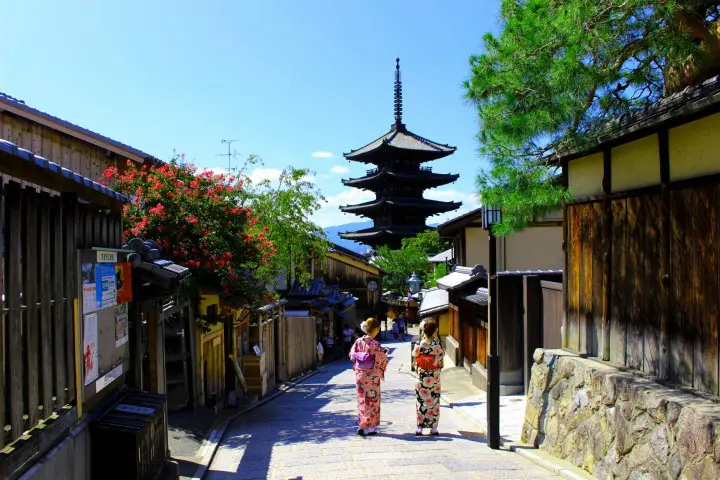
Kyoto: Regulations will vary in each area. In Uji, Kameoka, and Nagaoka, lodging will essentially only be available for two months in winter.
Osaka: Lodging is only available in residences within a 100-meter circumference from schools from Friday afternoons to Monday mornings.
Nara: Lodging is available outside the sightseeing season (in 2018, this will be October and November) near historical districts such as Asuka.
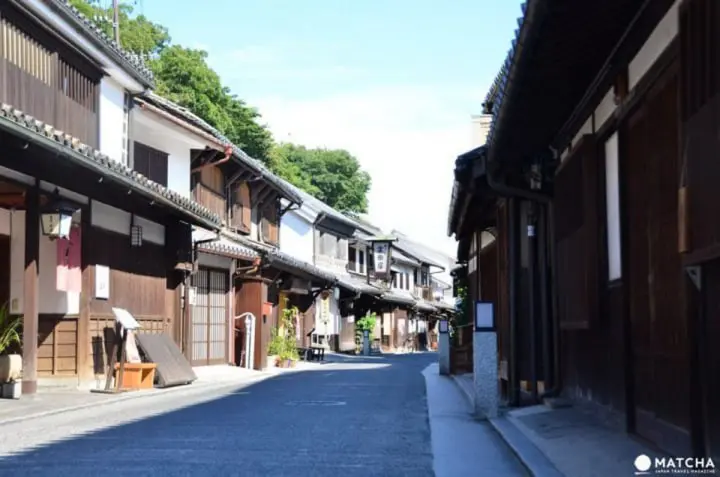
Okayama: Lodging is available outside Kurashiki Bikan in private homes that obey the New Private Lodging Act.
Ishikawa: Private lodgings that obey the New Private Lodging Act will only be allowed to operate on the weekends in a certain part of Kanazawa. The yearly operation length is limited to 60 days.
The information for each local municipality has been sourced here (Japanese)
How to Judge Whether or Not a Private Lodging is Legal?

We will teach you several simple methods to determine whether or not lodging at the private residence you’re considering is legal!
1. Is the manager or owner’s full name clearly displayed in the private residence’s information?
2. Is an emergency exit shown in their photos?
3. Does the residence have emergency lights?
4. You can directly contact the owner if you are uncertain.
For other methods, be sure to refer to online reviews from other guests. If you still don't feel secure, please consider staying at a hotel or another lodging facilities.
Etiquette and Taboos During Your Stay
Private lodgings are usually located in Japanese residential districts. When moving into the home, it is important to abide by the general manners and not troubling the surrounding neighborhood.
1. How Many People Will be Staying?

Lodging fees are being calculated by the number of people staying in the rental. You are essentially unable to save on lodging expenses by taking advantage of a huge party concerning Japan room rentals.
Japanese rooms are not very spacious. You wouldn’t have much space to use when you consider the number of people staying including luggage space.
2. Ask the Owner Before Shopping Online

You might want to buy something online while you’re in Japan. However, if that’s the case, various problems might occur. These include having to pay a fee when receiving your package or the need for someone to be home when the product is delivered.
Before purchasing products online, consult with the owner and tell them in advance what type of products you will be purchasing.
3. Follow Garbage Separation Rules
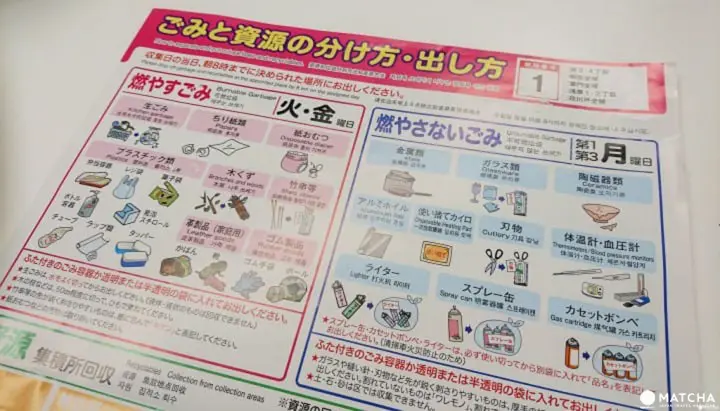
In Japan, garbage separation will vary depending on the region but is broadly divided into three disposal categories – combustibles, non-combustibles, and recyclables. Plastic bottles, jars, and cans are each categorized into separate material disposals. Please obey the rules and separate your trash.
Refrain from leaving leftover food or drinks on the desks. The owner won’t know what you want to keep and what might be garbage which will inconvenience them.
4. Be Quiet at Night

Going on a trip together with your close friends is fun, but you should pay attention to the volume of your voices, television, and music. There are will be other residents that might also be troubled by daily noises from the washing machine or the vacuum cleaner at night. Make sure to ask the owner about the rules for everyday life when moving into the room.
In Conclusion
Japan’s private lodgings, which had been in a grey zone up until now, have finally been legalized. There are various rooms you can choose from and they will let you experience the everyday life in a Japanese apartment. They also offer a great value for the price when compared to hotels.
Please make sure to clearly understand the detailed rules we introduced to you in this article and choose the most suitable lodging facility for you!





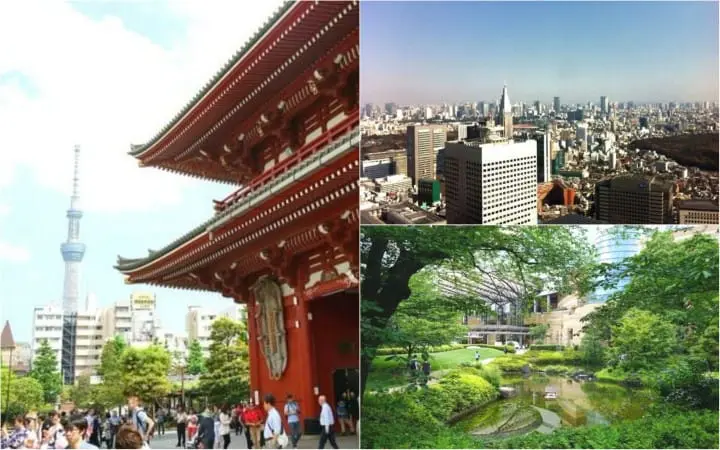

























![[No need to worry!] A guide to buying entertainment tickets in Japan](https://resources.matcha-jp.com/resize/720x2000/2025/04/21-231654.webp)


![[ Naruto City, Tokushima Prefecture ] Experience the world's largest whirlpools up close on a sightseeing boat at the Spring Whirlpool Festival!](https://resources.matcha-jp.com/resize/720x2000/2025/02/05-222727.webp)
![[Niigata] Skiing and snowboarding are just not enough! Fun snow spots for parents and children](https://resources.matcha-jp.com/resize/720x2000/2026/01/29-256901.webp)